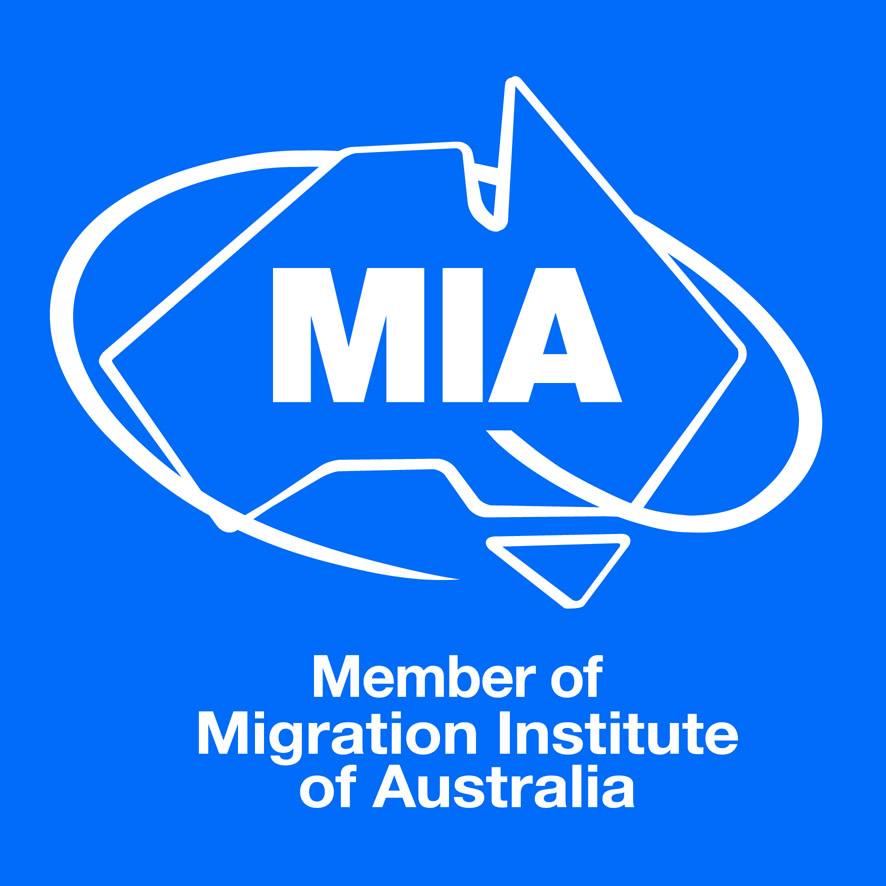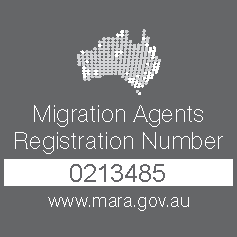Aged care is an industry that has been significantly impacted by labour shortages. In 2023, to address these labour shortages, the Australian Government announced the introduction of the Aged Care Industry Labour Agreement.
The Aged Care Industry Labour Agreement enables aged care providers to employ qualified aged care workers from overseas to work in the aged care sector where suitably qualified Australian workers are not available.
The aged care industry has been a priority sector for the Australian Government and the Aged Care Industry Labour Agreement is a welcome initiative for the industry, but many are asking, ‘where are the aged care workers?’
Back in August 2023, it was reported that since the Aged Care Industry Labour Agreement was introduced in June only five visas had been approved. Since then, only 2% of visas (approx. 155) have been approved under the Aged Care Industry Labour Agreement which is still not enough to satisfy labour shortages. So why is this happening?
There could be many reasons why this is the case, but many in the industry have indicated it may have something to do with the Memorandum of Understanding (MoU) with the unions.
As part of the labour agreement, aged care providers are required to sign a MoU with the unions. The Memorandum of Understanding puts pressure on aged care workers to join unions. If providers don’t sign the MoU, then they are unable to sponsor overseas workers under the labour agreement thus reducing the number of providers that can employ overseas workers.
If aged care providers and foreign aged care workers are both unwilling to enter into this Memorandum of Understanding, then there is a lesser number of visa applications lodged consequently resulting in a lower number of visa applications to approve.
More About the Aged Care Industry Labour Agreement
The Aged Care Industry Labour Agreement can be used to sponsor overseas workers for the Temporary Skill Shortage or TSS (subclass 482) visa in the following occupations:
- Nursing Support Worker
- Personal Care Assistant
- Aged or Disabled Carer
Employers can sponsor overseas workers for permanent residence under the Employer Nomination Scheme (subclass 186) visa if workers have at least two years of full-time work experience in Australia in a relevant direct care occupation.
In order to access the labour agreement, employers must enter into a Memorandum of Understanding (MoU) with the relevant industry union, in this case, the Australian Nursing and Midwifery Federation, the Health Services Union or the United Workers Union.
It should also be noted that the Aged Care Industry Labour Agreement does not apply to registered or enrolled nurses.
Aged Care Industry Labour Agreement Terms and Concessions
As part of the Aged Care Industry Labour Agreement, the following terms and concessions apply:
- Two-year pathway to permanent residence through the Employer Nomination Scheme
- Streamlined visa nomination and priority visa processing
- No post qualification work experience requirement
- English language concessions for workers with relevant community language skills
- Annual salary of at least AUD70,000 in accordance with the Temporary Skills Migration Income Threshold (TSMIT) or the Australian market salary rate, whichever is higher
Key Visa Application Requirements
In order to be eligible to apply for a visa under the Aged Care Industry Labour Agreement, applicants must:
- Hold a relevant AQF Certificate III or equivalent, or higher qualification. 12 months of relevant work experience or part-time equivalence will also suffice.
- Obtain a positive skills assessment from the Australian Nursing and Midwifery Accreditation Council or the Australian Community Workers association if the qualification was obtained overseas. This condition also applies if work experience is claimed in lieu of formal qualifications.
- Have an English language proficiency level of at least IELTS 5.0 or equivalent. Workers with target community language skills employed by culturally and linguistically diverse aged care providers need at least IELTS 4.5 or equivalent.
Skill and qualification requirements will be specified under the terms of each labour agreement and will differ from those stipulated in the ANZSCO.
Once a Memorandum of Understanding has been entered into with the relevant union, labour market testing requirements will be considered satisfied.
Aged care is an industry that is crying out for staff. While the intention was to help this sector with the introduction of the Age Care Industry Labour Agreement, it’s quite possible its fallen short in achieving its goal.
If you are an aged care provider and have questions about the Aged Care Industry Labour Agreement, contact the experienced team of registered migration agents at Visa Solutions Australia. Book a consultation.







